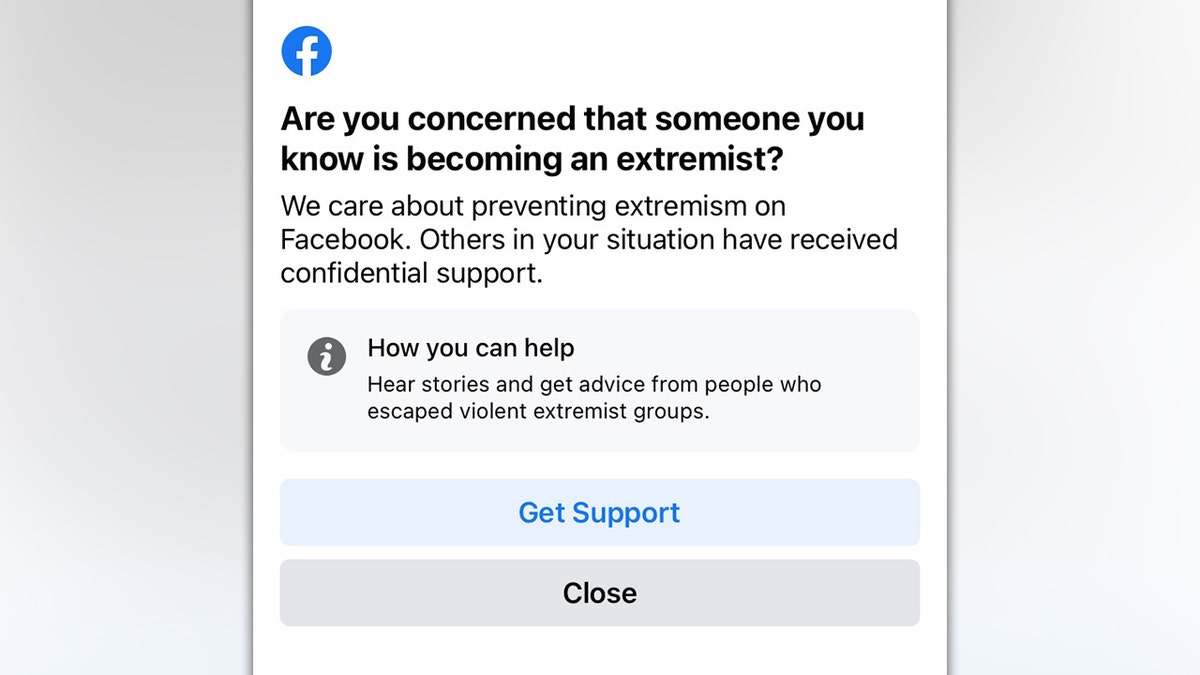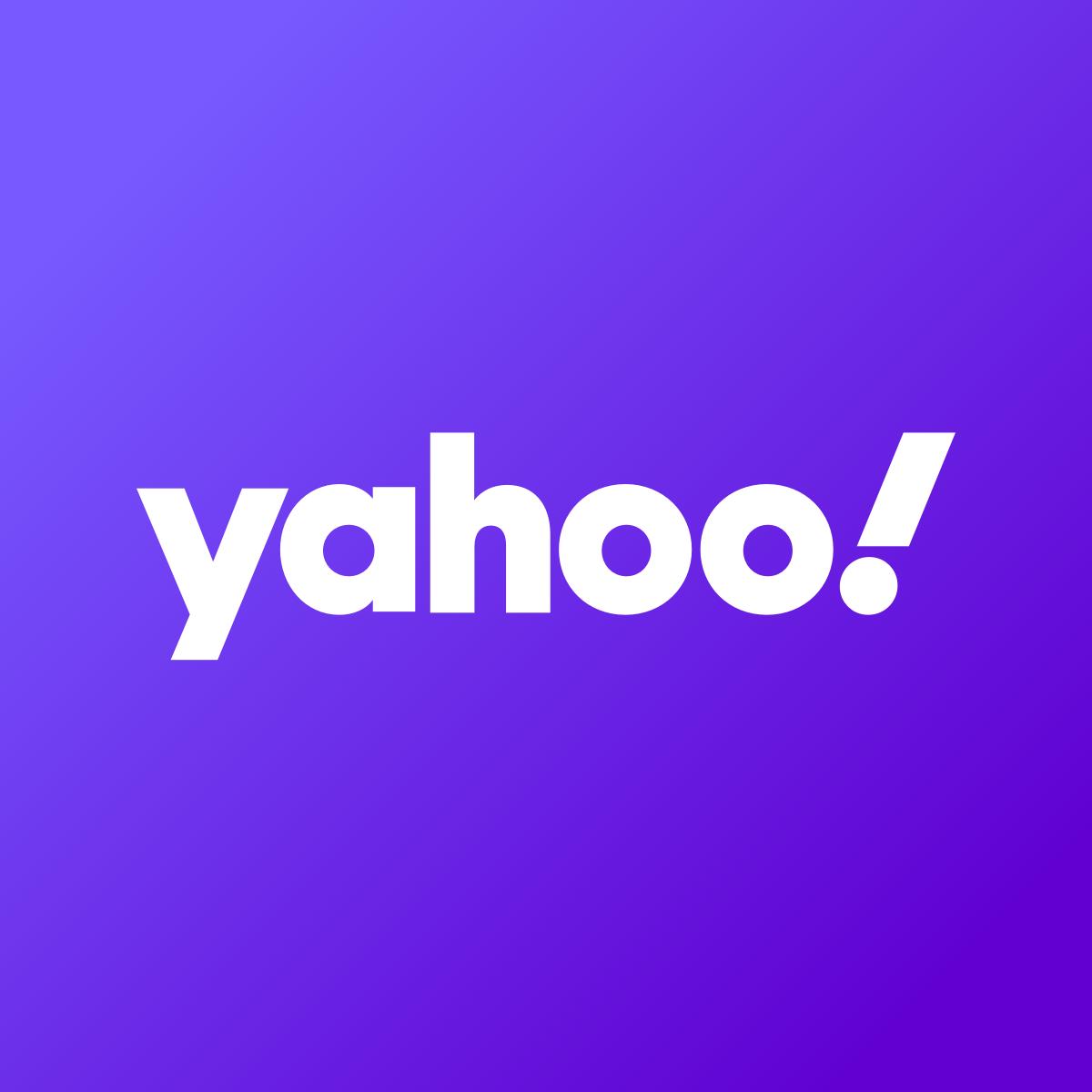I don’t understand how you are equating private companies that receive no direct funding from the government (I could make several comments about our current corporate tax structure but will save that for another thread) with a public space owned and maintained by the government. They are in no way similar and the latter is not the modern version of the former.
I may own a prime piece of real estate that provides access to many people, but I have no requirement to host a klan rally. That’s why the 1st Amendment explicitly identifies the government as the applicable entity.
The gay cake example is an interesting one, but I believe at least part of the difference is that gays are a specifically identified minority class. Personally, my first reaction would be that if a bakery doesn’t want to make my cake I will take my business elsewhere. But if you view this through a historical lens and apply the same thought process to other minorities, like blacks, it gets ugly quickly.
Regardless, all social media companies have exceeding long and detailed terms
of use. There may be an argument regarding whether those agreements that we all accept when we utilize those free platforms are constitutional or not, but the debate has nothing to do with the 1st Amendment.
These questions aren't resolved though which is why it's best to see how it plays out instead of claiming you know the outcome already.
In the case of the "gay cake", the Colorado Civil Rights Commission ruled against the baker. The Supreme Court overturned that ruling specifically because it felt that the Commission showed anti-religious bias in their ruling against the baker. The SC went on to say that the issue of a private business discriminating based on religious beliefs is unresolved and they'd expect to revisit the topic in the future.
There are 2 conflicting issues. First, a business generally cannot discriminate against a protected class. Second, religious beliefs are a 1A issue. Truth be told, the 3 major Abrahamic religions all have anti-homosexual positions.
Can an individual or a business be forced to create a product that conflicts with their religious beliefs?
Keep in mind there is a big difference between selling a gay couple a cake and the couple specifically asking the baker to put imagery on the cake that is contrary to their beliefs.
To me, the reasonable compromise is to buy the cake and put the homosexual cake topper on yourself...simple. It stands to reason that a religious baker doesn't have a homosexual topper or art pattern in their list of services so the burden of extra should be on the purchaser.
But notice that in that case, neither Colorado or the SC authorized a ban on the gay couple from using the bakery nor did either authority rule that the bakery has to cease operations.
Social media companies have terms of service, but those don't rise to the level of religious doctrine. They pretty much told on themselves by implementing fact checkers because the grounds they are using to justify censorship, suspensions, and bans are to prevent the spread of misinformation. What authority do they have to declare what is factual or not when matters aren't even settled?
Can Facebook ban someone for posting that UGA is the real national champion from 2017? It's misinformation but is it ban worthy? How many people have been banned for discussing the Kennedy assassination, moon landing, or flat Earth conspiracy theories?
Social media companies can easily be exposed for not moderating "misinformation" equally which opens the door wider to point out that they are discriminating against a specific group of people.
Like I've said before, I don't know how this ends, but there's a legal conversation to be had.




